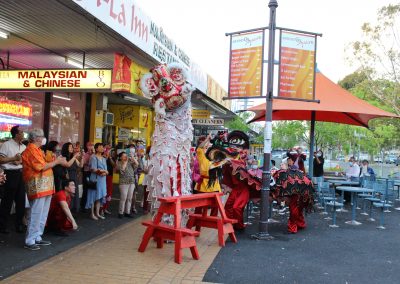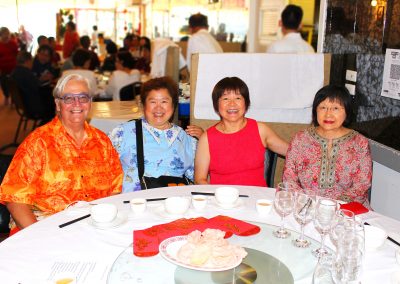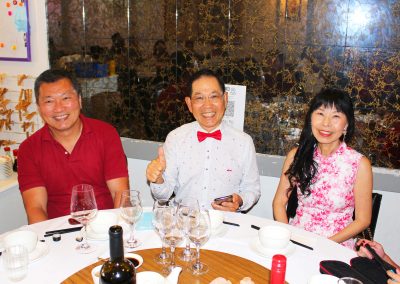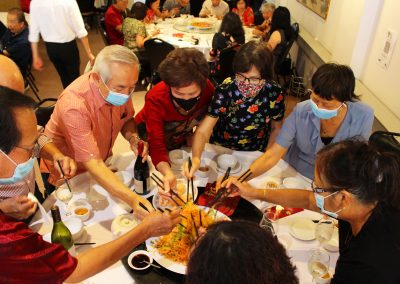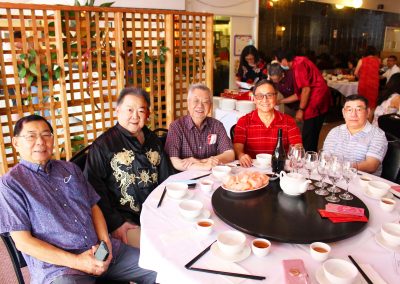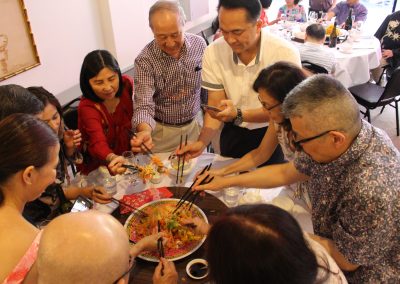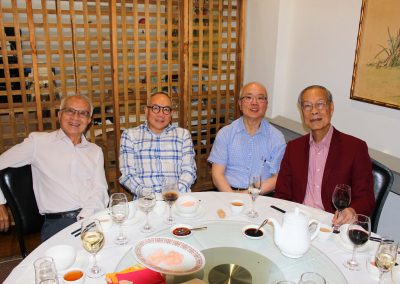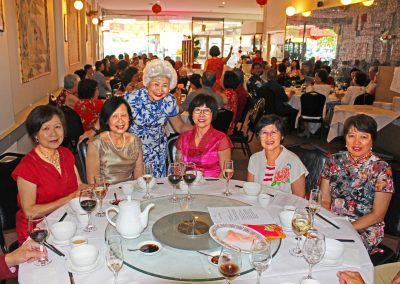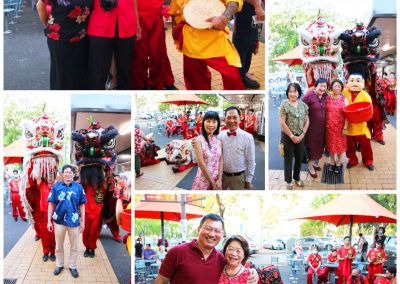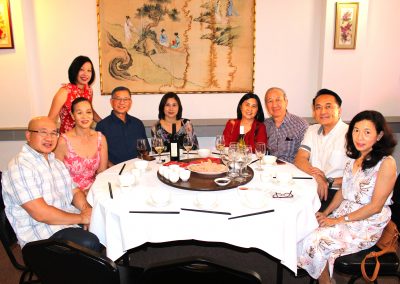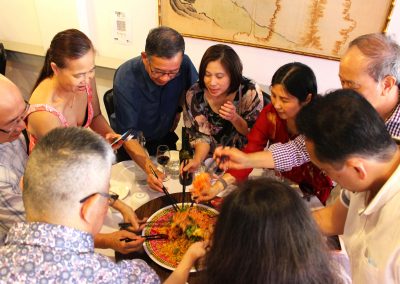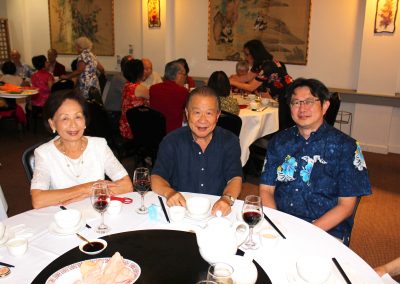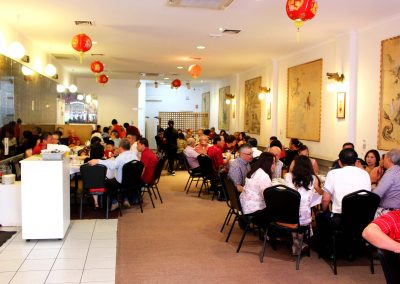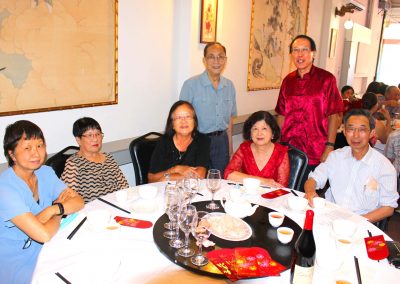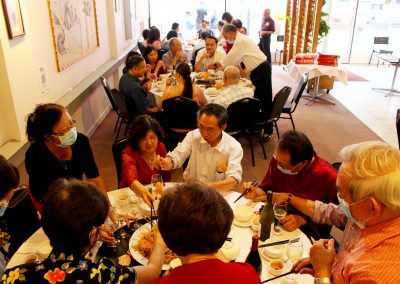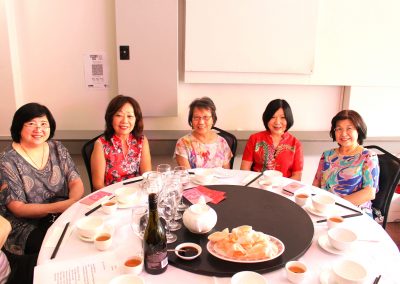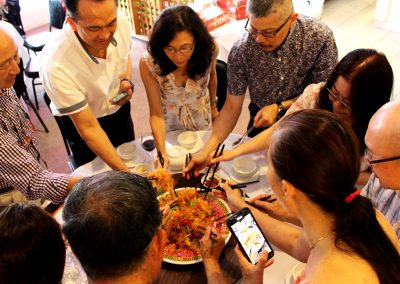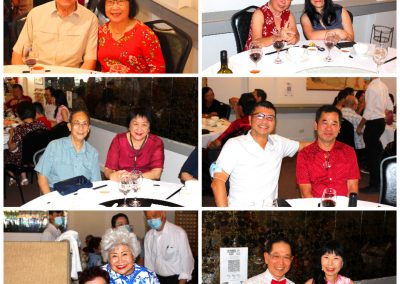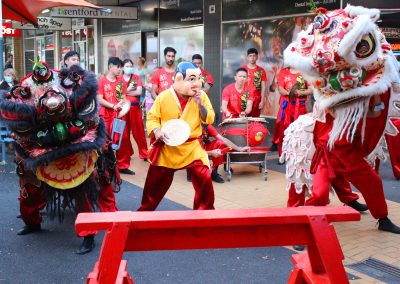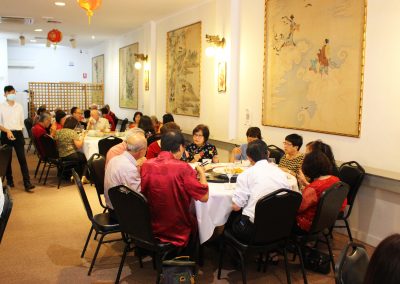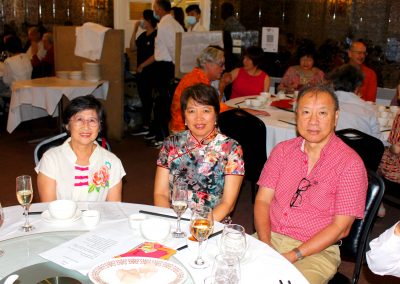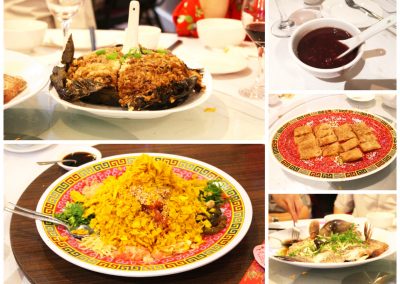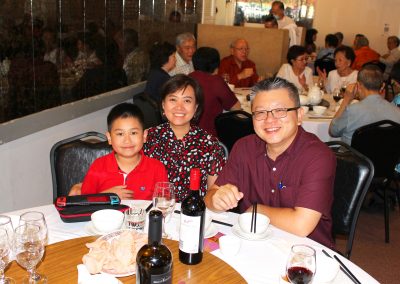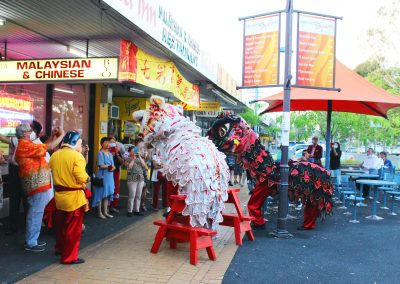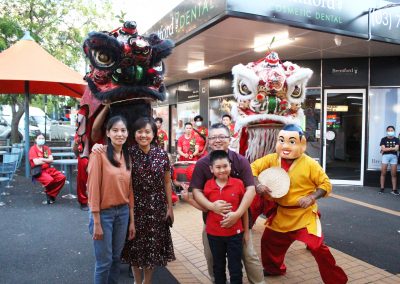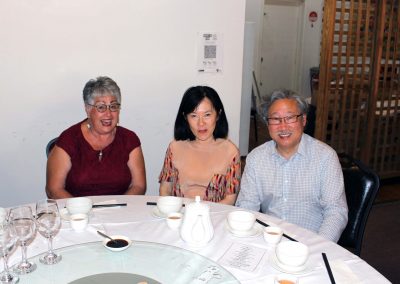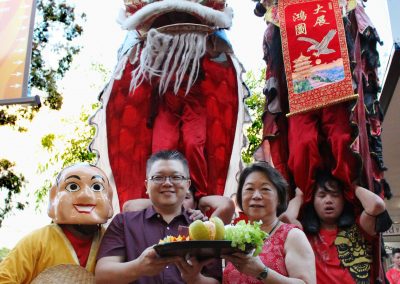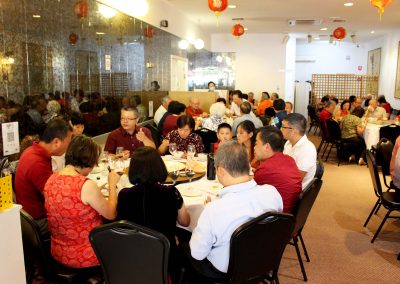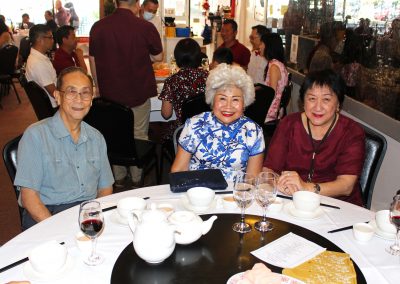Chinese New Year or Spring Festival
Chinese New Year Or Spring Festival 华人新年(春节)
Traditional Festivals are one of the strongest bonds that reinforces the cultural identity of the chinese and are important events for the Chinese Community. To celebrate these festivities, CAV organizes several family events for members and the wider community.
The most important traditional festival is the Chinese New Year. It is celebrated on the first day of the first lunar month.
Gong Xi Fa Cai
According to folklore, the festival celebrates the safe passage of a critical time of the year. It was believed that every New Year’s Eve, a ferocious beast called “nian”roamed the earth at night and devoured livestock and people. They believed that the beast was scared of bright light, red colour and loud noises. In order to keep the “nian” away, people would paste red paper couplets on doors, create loud noises throughout the night, and set off explosions by heating sections of bamboo in fire (which was later replaced by firecrackers). That is why on the morning of New Year’s Day, the first greeting is “gongxi” – “congratulations” for surviving the ferocious “nian”.
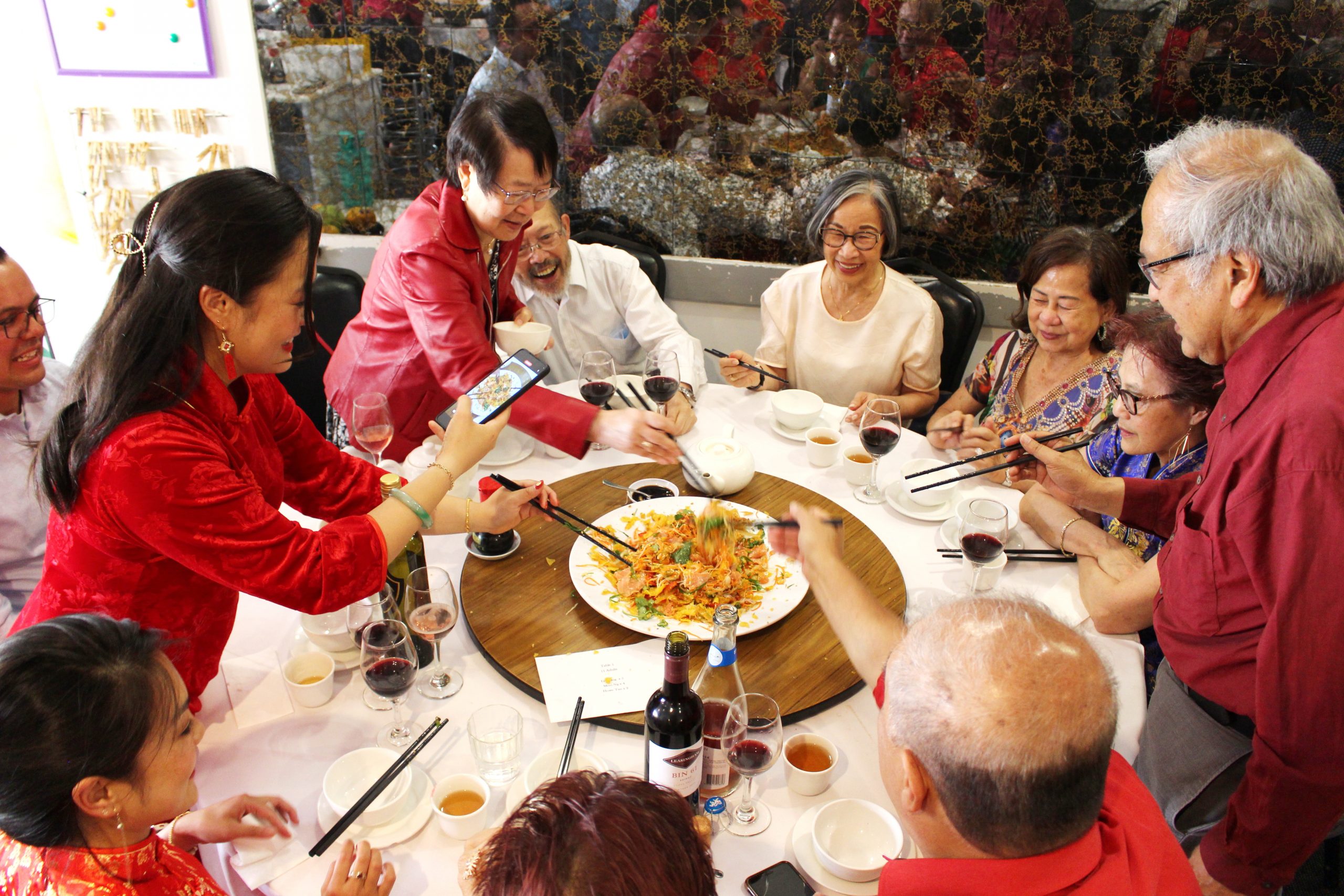
CAV Celebrations
CAV organises a Yee Sang dinner for its members during the Chinese New Year period. The dinner commences with a rowdy ritual when the diners toss the Yee Sang Prosperity Salad with their chopsticks to loud greetings of “Loh Hey”. The traditional Lion Dance performance is a feature of the popular Yee Sang dinner.

